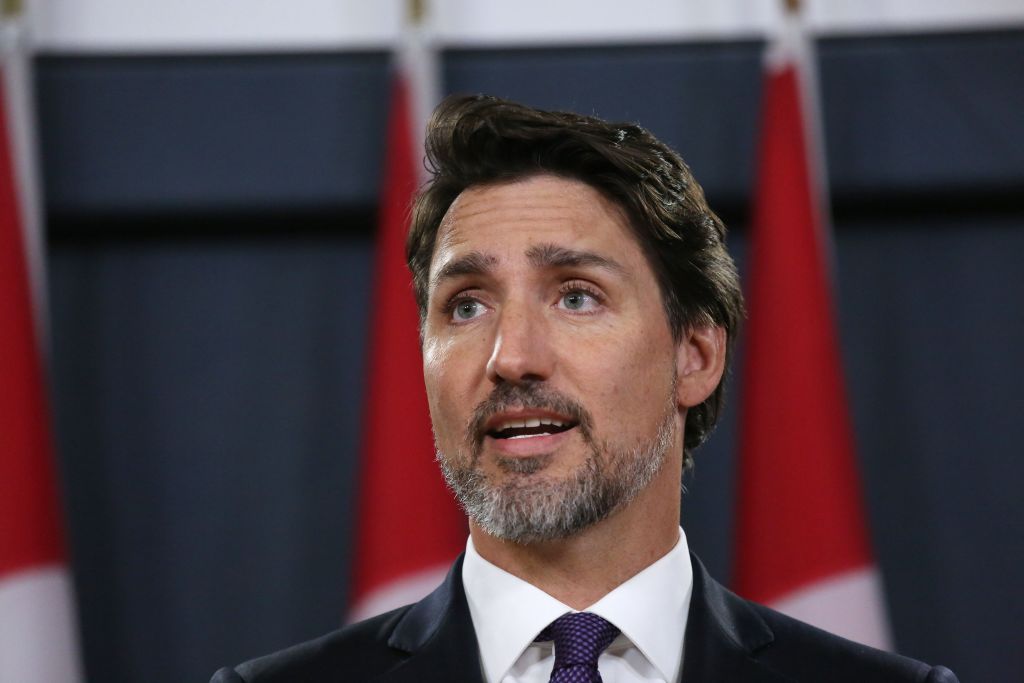Justin Trudeau says Iran plane crash victims would still be alive if not for heightened tensions


A free daily email with the biggest news stories of the day – and the best features from TheWeek.com
You are now subscribed
Your newsletter sign-up was successful
Canadian Prime Minister Justin Trudeau said Monday that the victims on a Ukraine International Airlines plane that was shot down over Tehran last week would still be alive if not for heightened tensions between the U.S. and Iran.
Early last Wednesday, Iran fired ballistic missiles at Iraqi bases housing U.S. troops. This was in response to President Trump authorizing an airstrike in Baghdad that killed Iranian Maj. Gen. Qassem Soleimani. Just a few hours after the Iranian retaliatory strikes, Iran's military accidently shot down the Ukrainian plane, killing all 176 passengers and crew. Of the victims, 57 were Canadians. After initial denials, the Iranian government acknowledged this weekend that it had made a "disastrous mistake."
"I think if there were no tensions, if there was no escalation recently in the region, those Canadians would be right now home with their families," Trudeau told Global News TV. The U.S. did not tell Canada in advance it was planning on targeting Soleimani, and Trudeau said "obviously" he would have liked advance notice.
The Week
Escape your echo chamber. Get the facts behind the news, plus analysis from multiple perspectives.

Sign up for The Week's Free Newsletters
From our morning news briefing to a weekly Good News Newsletter, get the best of The Week delivered directly to your inbox.
From our morning news briefing to a weekly Good News Newsletter, get the best of The Week delivered directly to your inbox.
"The U.S. makes its determinations," he added. "We attempt to work as an international community on big issues. But sometimes countries take actions without informing their allies."
A free daily email with the biggest news stories of the day – and the best features from TheWeek.com
Catherine Garcia has worked as a senior writer at The Week since 2014. Her writing and reporting have appeared in Entertainment Weekly, The New York Times, Wirecutter, NBC News and "The Book of Jezebel," among others. She's a graduate of the University of Redlands and the Columbia University Graduate School of Journalism.
